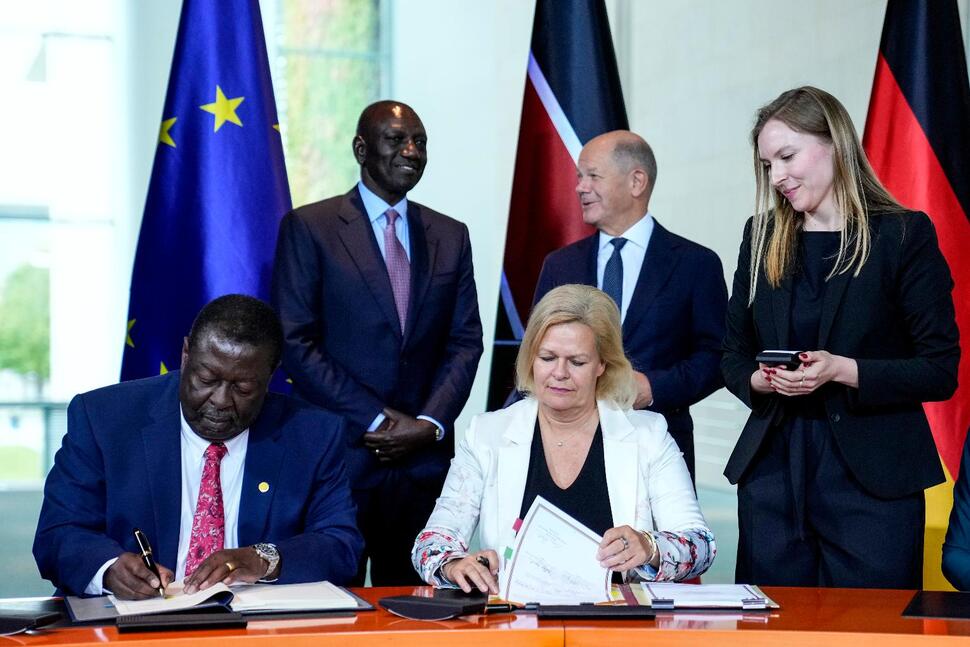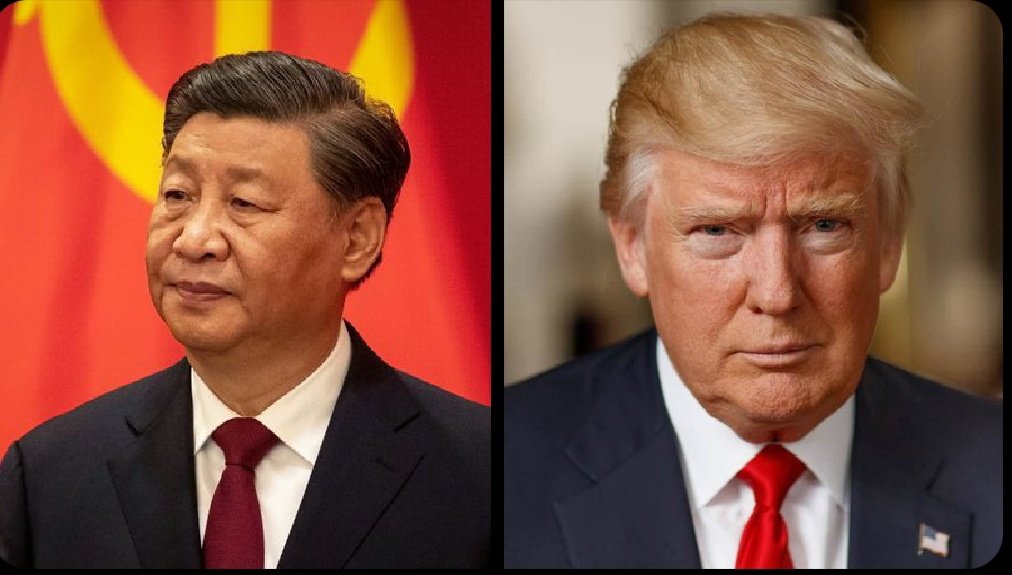German and Kenyan officials signed an agreement on Friday in Berlin aimed at addressing Germany’s labor market needs and facilitating the repatriation of Kenyans who lack the right to stay in Germany. The signing took place during Kenyan President William Ruto’s visit to Germany, where he met with German Chancellor Olaf Scholz.
Scholz described the agreement as a significant step toward closer cooperation between Germany and Kenya on migration issues.
“This can help us to compensate for a shortage of skilled workers,” he said. “Germany is already feeling the impact of such a labor shortage, and it will be with us for years and decades to come.”
Experts estimate that Germany needs around 400,000 skilled immigrants annually to counteract its shrinking workforce. The agreement also provides effective return procedures for Kenyans who do not have or cannot acquire the right to stay in Germany, allowing for a smoother and quicker return home.
Ruto emphasized the mutual benefits of the agreement, highlighting how it combines the potential of educated young Kenyans with German technology and resources. He expressed confidence that the departure of some Kenyans would not negatively impact Kenya’s development, noting the country’s youthful population, with a median age around 20, is sufficient to support both nations’ development.
Scholz noted that Germany stands to gain from the influx of Kenyan IT specialists.
The agreement follows similar deals Germany has made with India, Georgia, and Morocco, and another agreement with Uzbekistan is expected to be signed this weekend during Scholz’s visit there, according to the German news agency dpa.
The agreement was signed by German Interior Minister Nancy Faeser and Kenya’s Prime Cabinet Secretary Musalia Mudavadi in a ceremony at the chancellery in Berlin, with Scholz and Ruto present.
Scholz’s coalition government, facing challenges from the far-right Alternative for Germany (AfD), has been navigating a complex political landscape, with a critical state election upcoming in Brandenburg on September 22.



